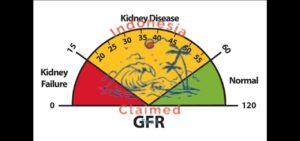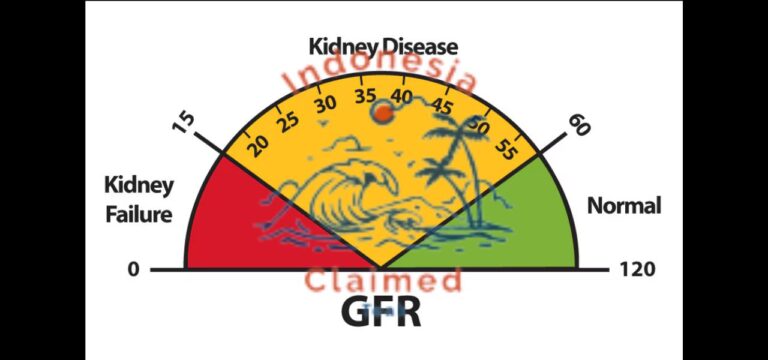Fast walking is a key to longevity, according to new research highlighting its impact on health and lifespan. Studies reveal that people who walk at a brisk pace are more likely to live longer compared to slow walkers. This finding adds to growing evidence that small lifestyle changes can make a big difference in overall health and well-being.
What the Research Shows
The study analyzed thousands of participants and found a strong link between brisk walking and reduced risk of premature death. Fast walkers tend to have better cardiovascular health, stronger muscles, and improved endurance. Researchers believe that walking quickly stimulates the heart and lungs in ways similar to moderate exercise, making it a practical choice for people of all ages.
Health Benefits of Walking Faster
Walking at a brisk pace goes beyond burning calories. It helps regulate blood pressure, reduces cholesterol, improves blood circulation, and lowers the risk of type 2 diabetes. Additionally, fast walking boosts mental health by reducing stress, improving sleep quality, and enhancing mood through the release of endorphins.
Even just 20–30 minutes of brisk walking a day can have measurable benefits. Unlike high-intensity workouts, it is accessible, safe, and requires no special equipment—making it one of the simplest longevity strategies.
Why Speed Matters
The difference between casual strolling and brisk walking is significant. Researchers point out that a faster walking pace forces the body to work harder, improving heart rate and oxygen intake. This extra effort strengthens the cardiovascular system and builds stamina over time.
In fact, walking speed has become such a reliable health marker that doctors increasingly use it to assess overall fitness and predict long-term health outcomes.
You may like this : The Evolution of Beauty Promotions: From Traditional to Digital Marketing Trends
Making Fast Walking a Daily Habit
Adopting fast walking as part of daily life doesn’t require drastic changes. Experts recommend:
- Setting aside 20–30 minutes a day for brisk walks.
- Using a fitness tracker to monitor walking speed.
- Choosing routes with slight inclines to increase intensity.
- Walking during breaks at work or after meals.
These small steps can build consistency and maximize the health benefits associated with fast walking.
Conclusion
The message from science is clear: fast walking supports longevity and improves quality of life. By increasing walking speed, individuals can significantly reduce health risks and add years to their lives. Whether used as a stand-alone activity or part of a broader fitness plan, brisk walking is one of the easiest, most effective tools for better health.
You may like this : Netanyahu War Crimes: ICC Issues Arrest Warrant











